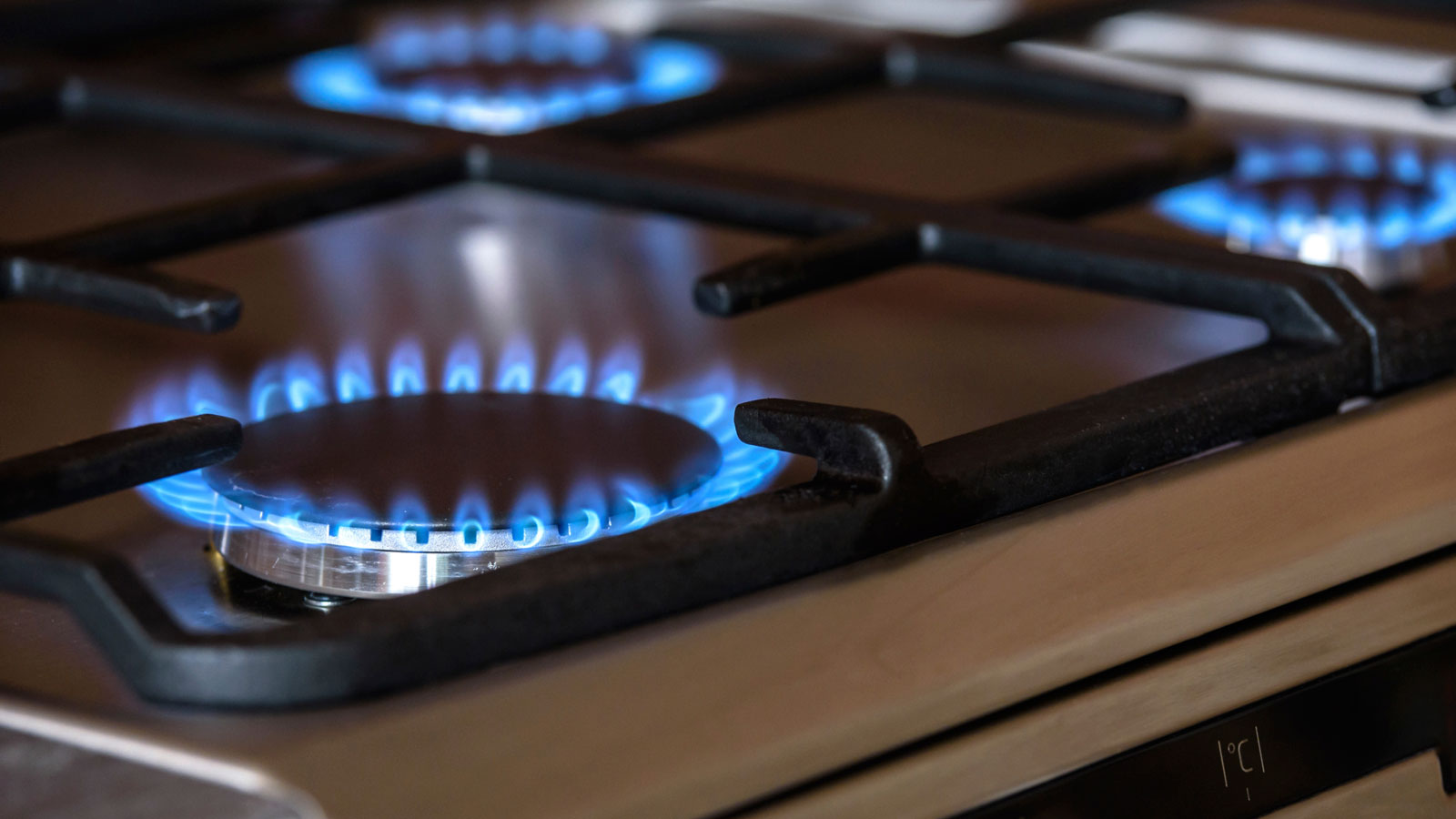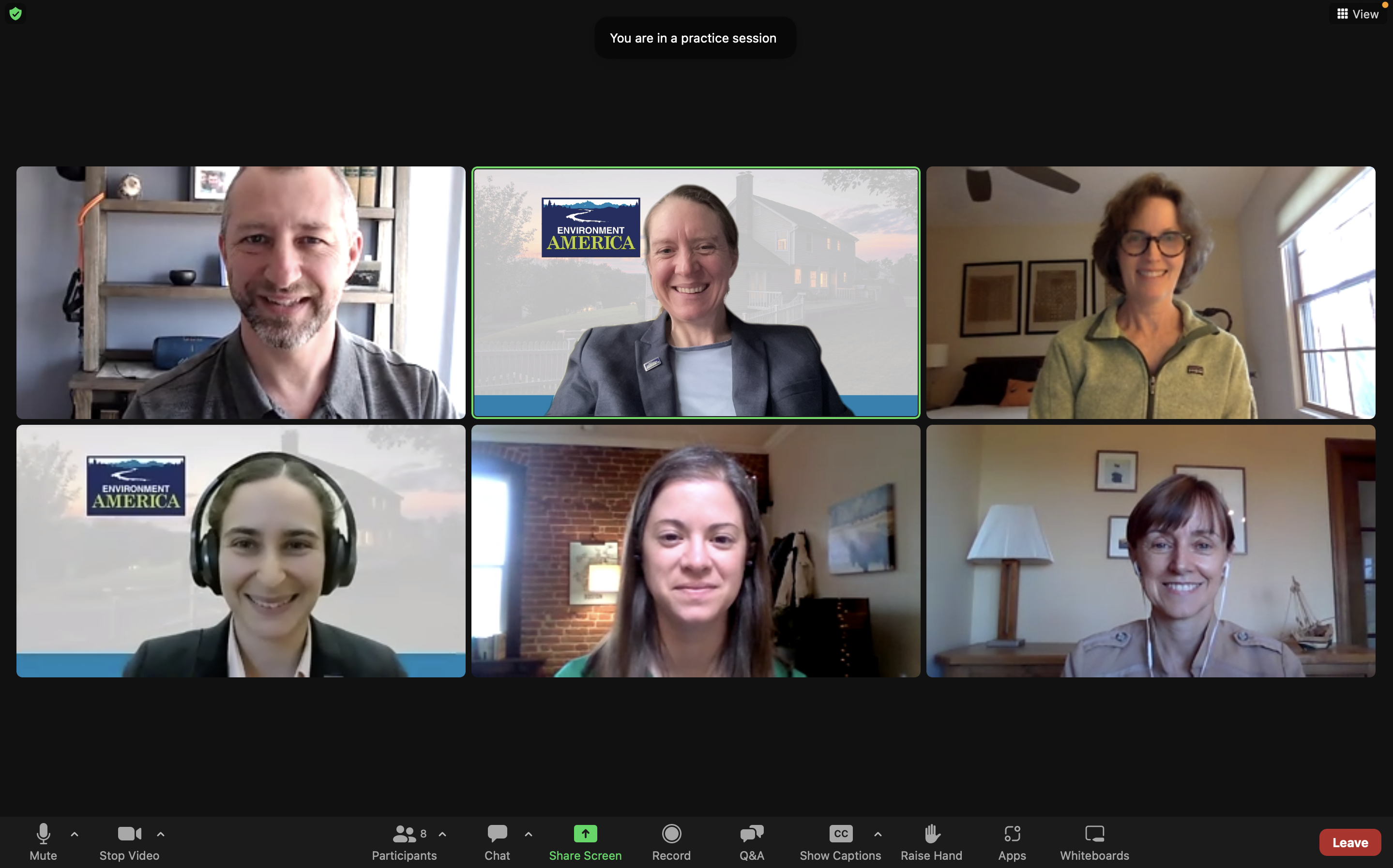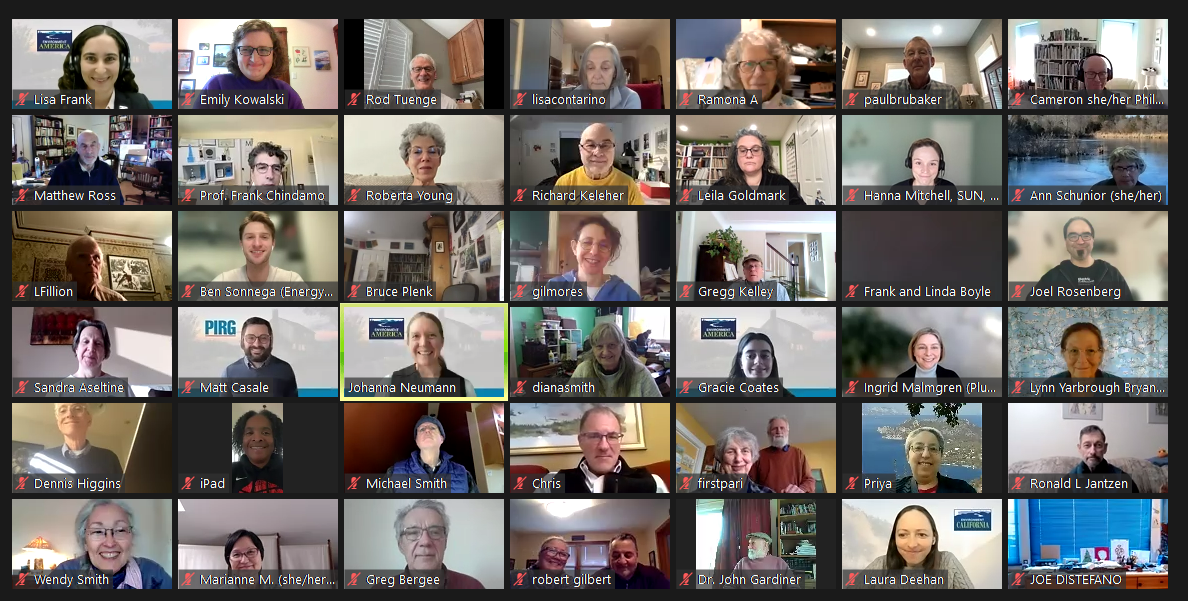Momentum continues for safe and healthy homes in Washington
The Washington State Building Code Council is considering a proposal to require electric heat pump space and water heating and improved ventilation in kitchens with gas stoves for new residential construction.

With back-to-back summers of record-breaking heat waves and the growing threat of wildfires, we’re already experiencing the effects of climate change here in Washington. In order to address climate change, we need to stop burning fossil fuels and power our lives with clean energy — and we are making progress.
Earlier this year, Washington passed the nation’s strongest and most climate-friendly building codes for new commercial and multi-family buildings. Building upon our state’s commitment to 100% clean electricity in the coming years, these codes require all-electric space and water heating in new construction.
Now, the State Building Code Council (SBCC) is considering a proposal to combine these regulations with key energy efficiency and electrification measures in residential buildings, allowing us to build new homes that are safer, healthier and better for our climate.
With fossil fuel combustion as the primary human-caused source of air pollution and emissions from the building sector being the fastest-growing source of climate pollution in Washington state, it’s clear we need to transition every sector of our society to clean, renewable energy.
If approved, the proposal will require electric heat pump space heating and water heating in new single-family homes, townhomes, and low-rise multi-family buildings (three floors and shorter) and be the first statewide action requiring heat pumps in new residential construction in 2023 and beyond. This means less methane gas pumping into our homes and threatening our health, safety and climate.
For as long as we have used methane gas to heat and cook in our homes, it has posed a risk both to people who heat their homes with it and those who live in neighborhoods above gas pipes. Our report, Methane Gas Leaks, found that from 2010 through nearly the end of 2021, almost 2,600 gas pipeline incidents occurred in the United States that were serious enough to require reporting to the federal government. In that time, 34 incidents occurred in Washington that released over 186 million cubic feet of gas. Transitioning to electric space and water heating powered by clean renewable energy helps to eliminate these dangers.
Indoor air pollution is another major concern addressed by the new proposed building codes. Children who grow up in homes that cook with gas stoves have a 42% higher chance of experiencing current asthma symptoms, and a 24% higher chance of being diagnosed with asthma over the course of their lifetime. While we need to get gas stoves out of our homes and transition to cleaner, safer electric and induction cooking, requiring better ventilation in kitchens with gas stoves is a huge step forward in protecting Washingtonians from this indoor air pollution.
The residential energy code proposals are slated for a 60-day public comment period this fall, with a set of public hearings. The SBCC will vote to adopt final code updates before the end of the year, and all updates (to both the commercial and residential as proposed) will take effect in July 2023.
This proposal cannot come at a better time. Policy-wise, opportunities to advance building energy codes like these only come up once every three years. And we simply cannot afford to wait that long.
Topics
Author
Find Out More

A look back at what our unique network accomplished in 2023

How fast is solar energy growing?

Heat pumps 101: Efficiently heat and cool your home while saving money

